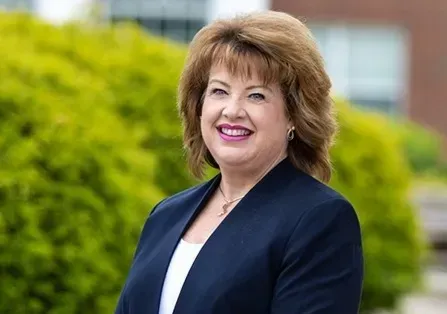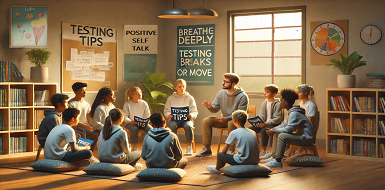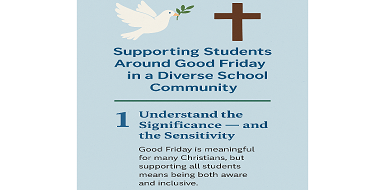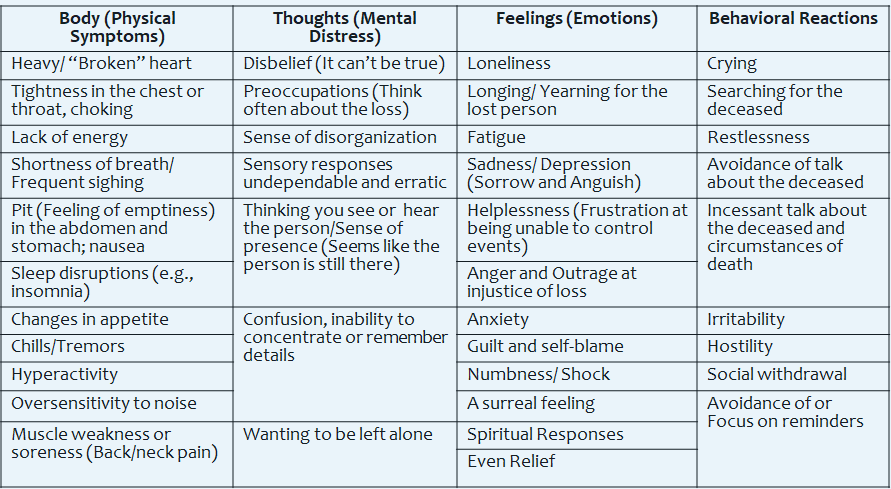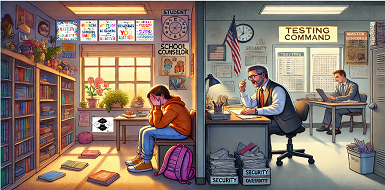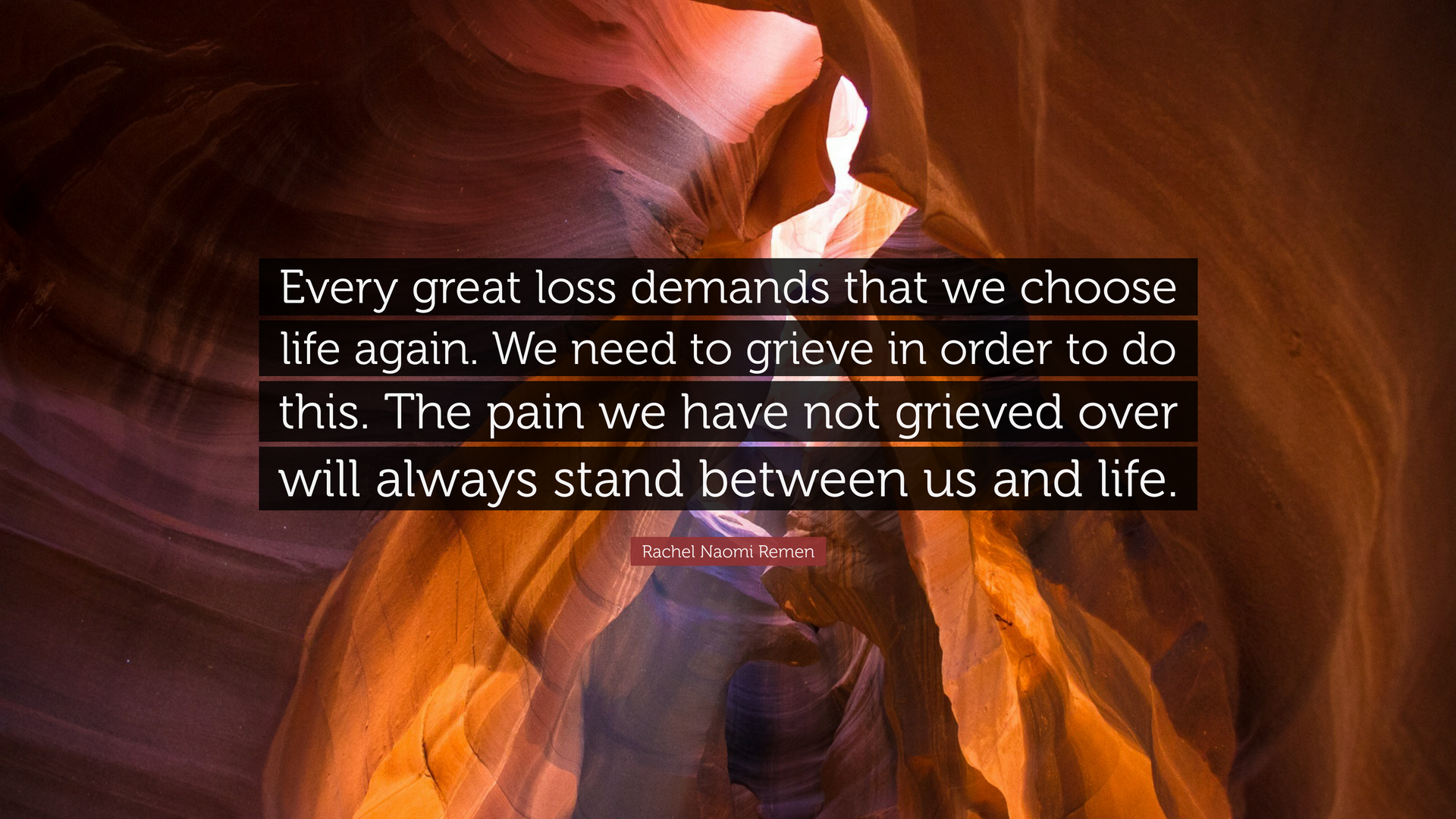The Comprehensive School Counseling Program
A Holistic Approach to Student Success
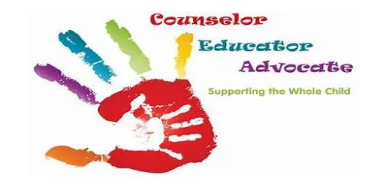
This post delves into the essential elements that constitute a comprehensive school counseling program, highlighting its importance and multifaceted role within educational institutions. It offers a detailed exploration of the program's foundational components, provides a step-by-step guide for successful implementation as well as insights on measuring its effectiveness and avenues for continuous improvement. Intertwining theory with practical guidance, the post serves as a roadmap for educators, school counselors, and policymakers committed to enhancing educational outcomes through the holistic development of students.
Understanding the Role of a School Counselor
Responsibilities and Duties
School counselors are certified and licensed educators/mental health professionals dedicated to fostering student success across academic, career, and personal domains. Educator and mental health professional is not mutually in the school counselor role. The school counselor is the mental health professional working with students to improve their educational success. Their responsibilities include individual student academic planning, delivering school counseling classroom lessons, and providing short-term counseling [1]. They engage in collaboration with families, teachers, administrators, and the community to advocate for student success [1]. Furthermore, they analyze data to identify student issues, needs, and challenges, acting as systems change agents to improve equity, access, achievement, and opportunities for all students [1].
Importance in the Educational System
School counselors play a pivotal role in the educational system. They are integral in designing and delivering school counseling programs that improve student outcomes by promoting equity and access for all students [1]. They connect their school counseling program to the school's academic mission and school improvement plan, thereby leading, advocating, and collaborating to enhance the educational environment [1]. School counselors ensure that academic, career, and social/emotional development opportunities are equitably available to all students, thereby supporting the holistic development of each student within the school system [1]
Understanding the Comprehensive School Counseling Program (cSCP)
The Primary Objective of the Comprehensive School Counseling Program (CSCP)
The main goal of a comprehensive school counseling program is to assist students in developing life skills and character values. This type of program equips children with the necessary knowledge, attitudes, and skills to become competent and confident learners.
Research, including studies published in Professional School Counseling and other academic literature, demonstrates that CSCP's contribute to student success. These benefits include improved scores on standardized tests like the ACT and SAT, better college decision-making, fewer disciplinary issues, enhanced attendance, and more.
The key components of a CSCP include four main pillars: foundation, management, delivery, and accountability. ASCA's publication, “The ASCA National Model: A Framework for School Counseling Programs” provides an extensive overview of these pillars.
Essential Components of a CSCP
Academic Development
School counselors play a pivotal role in promoting academic success by collaborating with school staff and community stakeholders to create a supportive learning environment. They focus on enhancing student engagement and performance through well-designed school counseling programs [2]. By providing information on effective learning strategies and self-management skills, counselors help students develop a positive attitude toward their academic efforts and future educational pursuits [2]. Additionally, they use disaggregated data to tailor their programs to meet the specific needs of students, ensuring equitable opportunities for academic achievement [2].
Career Development
In the realm of career development, school counselors assist students in understanding the connection between school and the world of work. They help students set career-related goals and plan for their future by emphasizing the importance of engaging in challenging coursework and addressing barriers to accessing rigorous academic programs [2]. Counselors also play a critical role in helping students develop the skills necessary to make informed decisions about their careers, fostering a belief in their ability to succeed [2].
Personal and Social Development
School counselors address the personal and social development of students by creating a safe and caring environment that promotes respect and supportive relationships. They provide interventions that help students develop social skills, leading to outcomes such as increased confidence, positive self-worth, and stronger friendships [3]. Counselors also offer responsive services to meet the immediate needs and concerns of students, which may include crisis response counseling and support for overcoming personal challenges [3].
By implementing comprehensive school counseling programs, counselors ensure that all students receive the support they need to achieve success in academic, career, and personal and social domains. These programs are essential for preparing students for future success and for creating a positive and inclusive school culture.
Implementing the Program: Step-by-Step Guide
Needs Assessment
The initial phase in implementing a CSCP involves conducting a thorough needs assessment. This process is crucial as it helps identify the specific needs of students by gathering data through surveys filled out by students, parents, teachers, and administrators [4]. By incorporating a variety of demographic questions regarding students' grade levels, gender, ethnicity, and socioeconomic status, counselors can uncover the barriers these groups face and begin to address them effectively [4].
Program Design
Following the needs assessment, the next step is to design the school counseling program. This design phase should be informed by the data collected, ensuring that the program addresses the identified needs effectively. School counselors align the program with the school's academic mission and improvement plans, integrating strategies that promote equity and access for all students. The program design includes developing targeted improvement plans, ensuring continuous improvement and alignment with educational standards [5].
Execution and Management
The execution phase involves the actual implementation of the school counseling program. It is essential for school counselors to engage in continuous monitoring and adjustment of the program to respond to student needs dynamically. Implementing the program also includes managing the various components effectively, such as direct student services, data-driven interventions, and collaboration with educational stakeholders [6]. Regular assessments and feedback mechanisms should be incorporated to measure the effectiveness of the program and make necessary adjustments [6].
By following these structured steps—needs assessment, program design, and execution—school counselors can ensure the comprehensive school counseling program is effectively implemented, leading to improved student outcomes and a supportive educational environment.
Measuring Effectiveness and Making Improvements
Assessment Methods
In the realm of CSCP's, it is crucial to utilize a variety of assessment methods to measure effectiveness. School counselors should employ both qualitative and quantitative data collection strategies. This includes gathering feedback through surveys, academic performance metrics, behavioral incident reports, and qualitative assessments. Advanced data analysis tools are instrumental in identifying patterns and correlations that aid in informed decision-making [7]. For instance, a correlation between attendance at counseling sessions and improved exam scores can significantly highlight the program's efficacy [7].
Feedback and Evaluation
Feedback and evaluation are integral to the continuous improvement of school counseling programs. Regular evaluations not only gauge the immediate impact of the interventions but also provide insights into long-term trends. Effective evaluation involves collecting feedback from a broad range of stakeholders, including students, teachers, and parents. This feedback is crucial for assessing the program's contributions to educational successes and for identifying areas needing improvement [8].
Moreover, the annual performance appraisal of school counselors is a critical component of the evaluation process. It should accurately reflect the unique professional training and practices of school counselors and be based on professional standards of practice defined by school, district, or state guidelines. Appraisals should include components of self-evaluation, administrative evaluation, and assessment of goal attainment [9].
Through these structured assessment methods and rigorous feedback mechanisms, school counseling programs can adapt and evolve, ensuring they effectively support the holistic development of students and align with the educational goals of the institution.
Conclusion
Throughout this discussion, the value and comprehensive nature of school counseling programs have been underscored, highlighting their critical role in the holistic development of students. By focusing on academic, career, and personal/social domains, these programs play a pivotal part in preparing students for the myriad challenges of the future. Their implementation within schools is not just beneficial but essential, aligning with educational missions and fostering environments that promote equity, access, success, and well-being for all students.
The practical steps of implementing and evaluating a CSCP, from needs assessment through execution and ongoing assessment, provide a blueprint for schools committed to enhancing student outcomes. As the landscape of education continues to evolve, the importance of these programs remains constant, offering a foundation for student success that is both inclusive and forward-thinking. Moving forward, it is imperative that educators, counselors, and policymakers continue to recognize and support the development and refinement of comprehensive school counseling programs to meet the diverse needs of students.
References
[1] -
https://www.schoolcounselor.org/getmedia/ee8b2e1b-d021-4575-982c-c84402cb2cd2/Role-Statement.pdf
[2] -
https://www.schoolcounselor.org/Standards-Positions/Position-Statements/ASCA-Position-Statements/The-School-Counselor-and-Academic-Development
[3] -
https://educationadvanced.com/resources/blog/school-counselors-help-students-empowering-academic-and-emotional-growth/
[4] -
https://www.schoolcounselor.org/newsletters/october-2018/upgrading-your-needs-assessment
[5] -
https://tea.texas.gov/student-assessment/monitoring-and-interventions/program-monitoring-and-interventions/pmi-accountability/accountability-19-20/acctcampus-needs-assessment-and-planning-process-guidance20.pdf
[6] -
https://www.schoolcounselor.org/Standards-Positions/Position-Statements/ASCA-Position-Statements/The-School-Counselor-and-School-Counseling-Program
[7] -
https://www.school-counselor.org/topics/strategies-for-effective-school-counseling-program-evaluation/
[8] -
https://files.eric.ed.gov/fulltext/EJ909074.pdf
[9] -
https://www.schoolcounselor.org/Standards-Positions/Position-Statements/ASCA-Position-Statements/The-School-Counselor-and-Annual-Performance-Apprai
I am a school counselor turned counselor educator, professor, and author helping educators and parents to build social, emotional, and academic growth in ALL kids! The school counseling blog delivers both advocacy as well as strategies to help you deliver your best school counseling program.
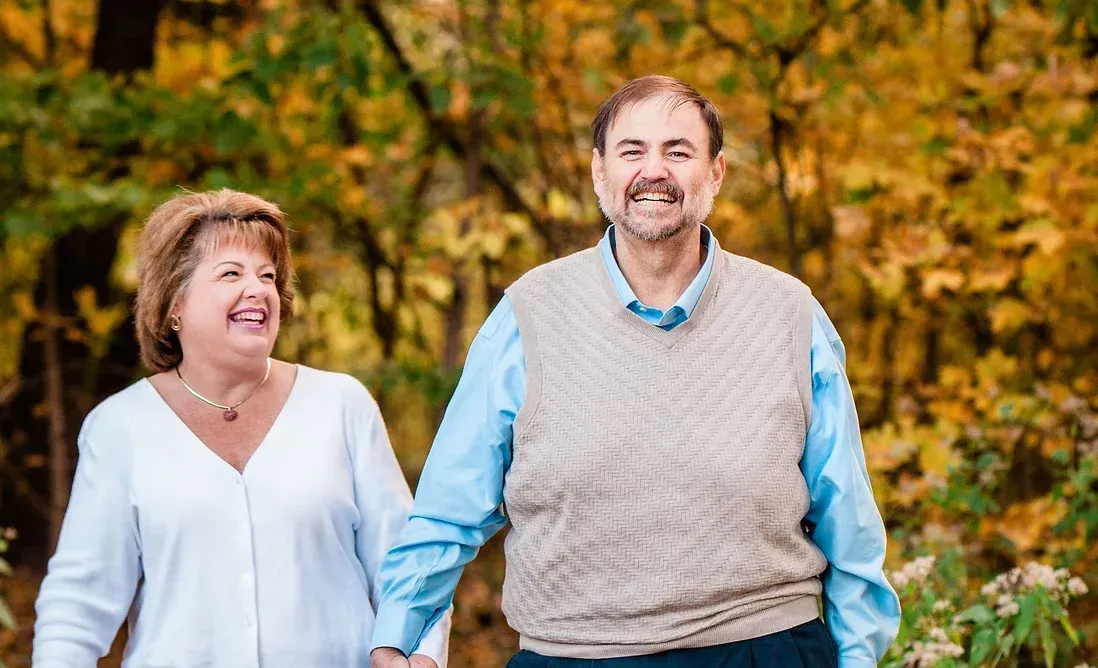
I'm a mother, grandmother, professor, author, and wife (I'll always be his). Until October 20, 2020, I lived with my husband, Robert (Bob) Rose, in Louisville, Ky. On that awful day of October 20,2020, my life profoundly changed, when this amazing man went on to Heaven. After Bob moved to Heaven, I embraced my love of writing as an outlet for grief. Hence, the Grief Blog is my attempt to share what I learned as a Counselor in education with what I am learning through this experience of walking this earth without him. My mission is to help those in grief move forward to see joy beyond this most painful time.
